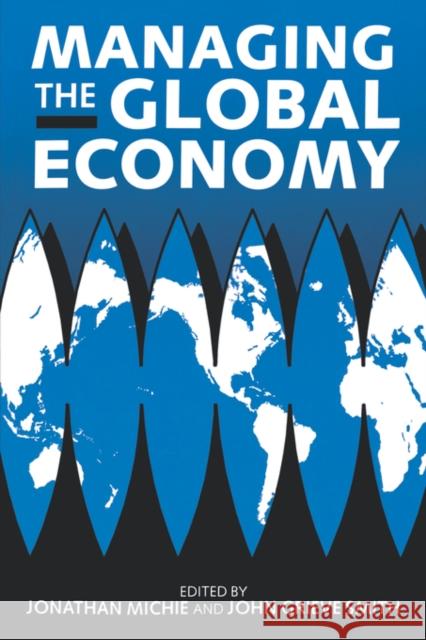Managing the Global Economy » książka
Managing the Global Economy
ISBN-13: 9780198289692 / Angielski / Twarda / 1995 / 376 str.
Managing the Global Economy
ISBN-13: 9780198289692 / Angielski / Twarda / 1995 / 376 str.
(netto: 690,95 VAT: 5%)
Najniższa cena z 30 dni: 699,06
ok. 16-18 dni roboczych.
Darmowa dostawa!
The demise of the post-war era of full employment has been followed by more than 20 years of global instability. The world economy enters the 21st century with the industrial world divided between the European Union, the North American Free Trade Area, and the Pacific Rim countries. This tripolar division could either form the basis for negotiation and co-operation, or else the sort of instability witnessed in the prelude to the two world wars.
Managing the Global Economy describes the key trends in the world economy, and indicates what new institutional arrangements might be appropriate - but stresses that action will not be taken until the prevailing fatalistic economic ideology is discarded. It demonstrates that the global financial markets were created by financial institutions as governments freed finaincial markets from their control. It documents how far international co-operation has freed the markets and limited the power of governments, and indicates how these priorities could be reversed.
18 leading economists, economic commentators, proactitionaers, and policy-makers contribute to a book which will make a major impact on policy debates.











